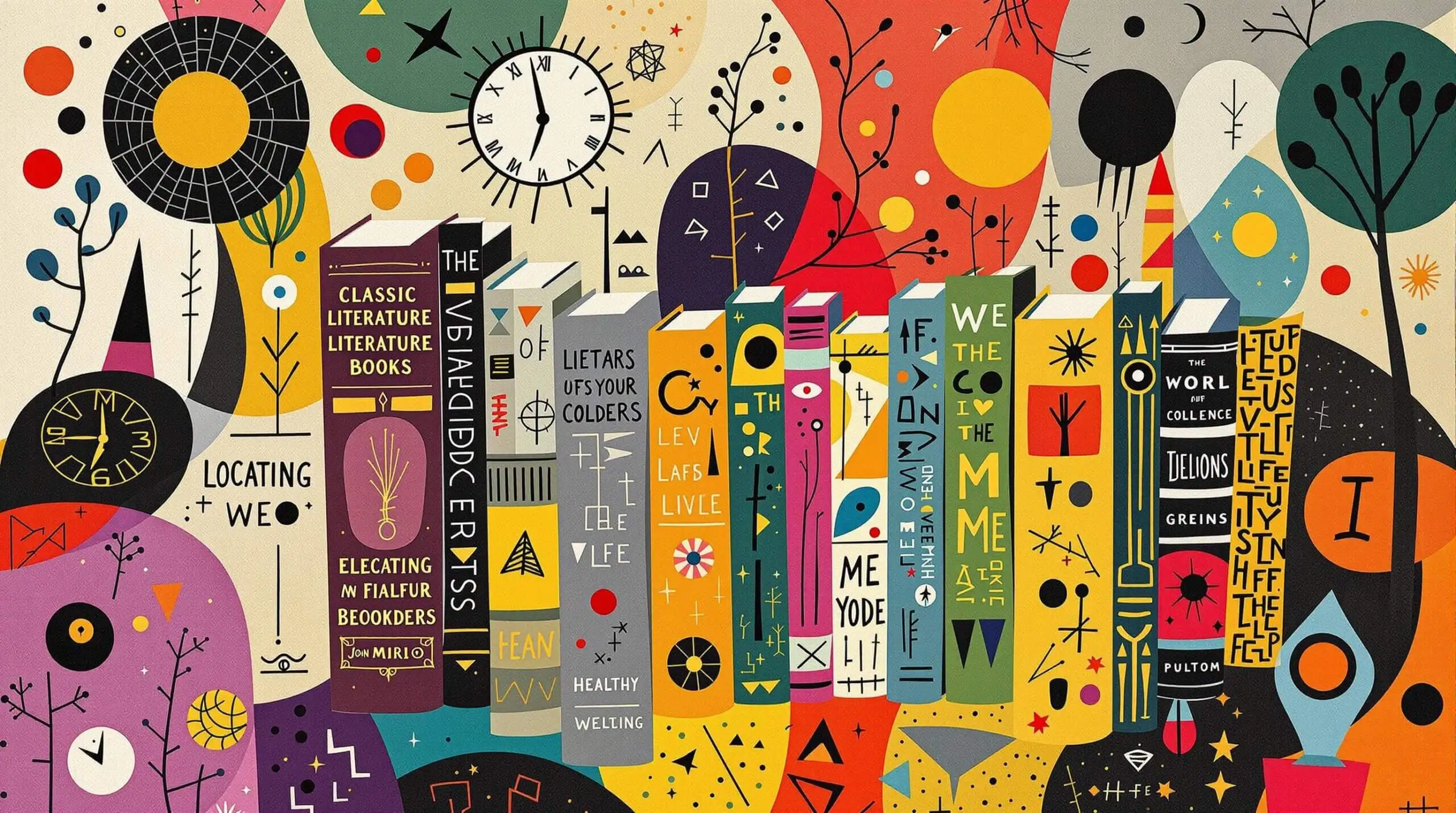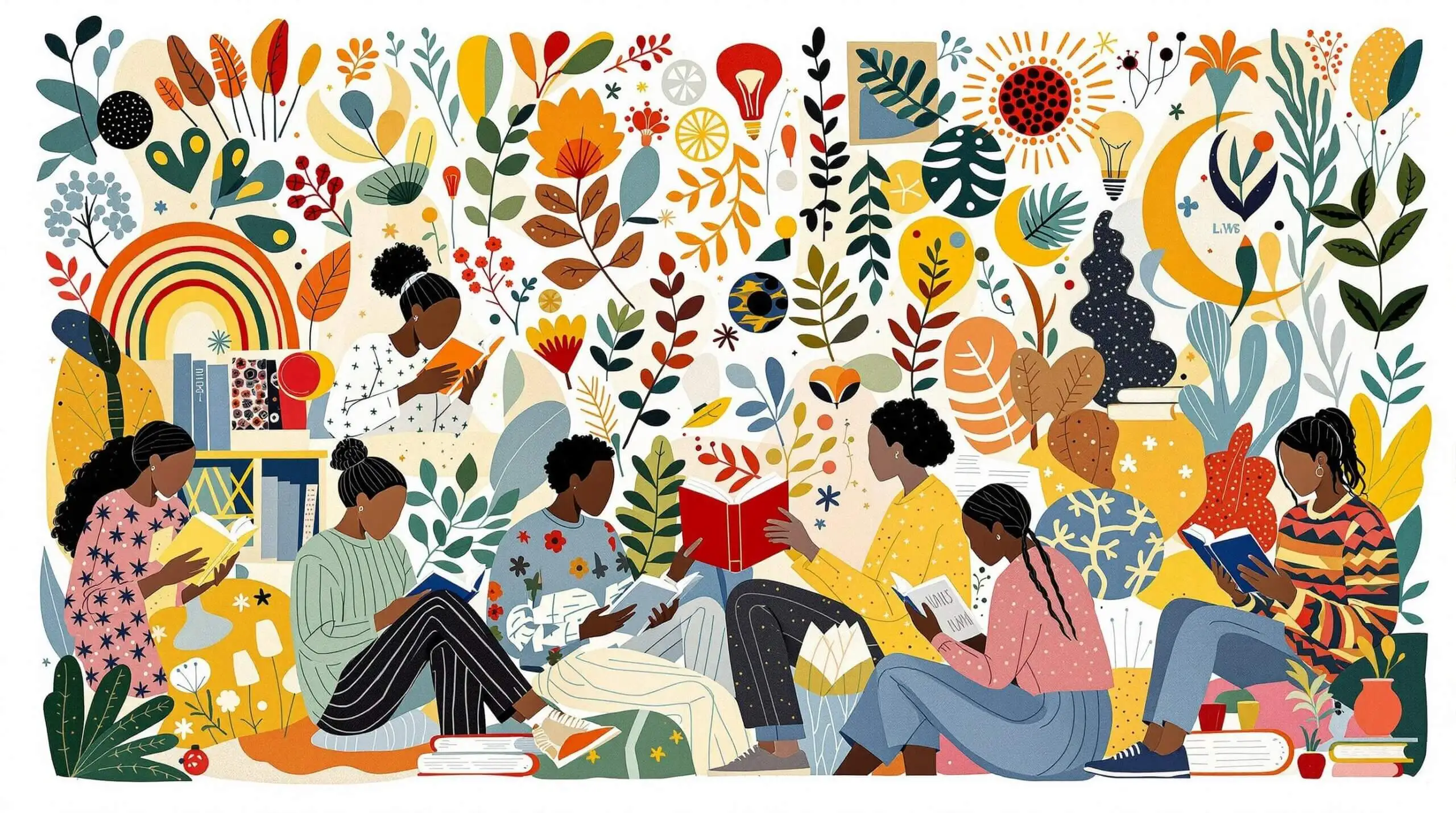Longevity in Literature: Books That Inspire Long Lives
Explore literature that inspires the pursuit of long and fulfilling lives through timeless tales and wisdom.

The Literary Connection to Long Life: A Historical Perspective
Books as Lifelines: The Historical Impact
Books have shaped human understanding of health and longevity for millennia. From ancient medical texts to modern wellness manifestos, literature has guided generations in their quest for a longer, healthier life. The written word carries more than just information – it inspires, motivates, and transforms habits.
The earliest writings on longevity date back to ancient civilizations. Chinese texts like “The Yellow Emperor’s Classic of Medicine” from 2600 BCE discussed lifestyle practices for extending life. Greek physicians, including Hippocrates, documented their observations about diet, exercise, and longevity in works that influenced medical thinking for centuries.
Evolution of Longevity Literature
Modern scientific literature on aging emerged in the early 20th century. But it’s not just scientific texts that matter. Fiction and non-fiction works exploring themes of immortality, aging, and the human condition have profoundly influenced how we think about lifespan and its meaning.

Essential Books for Understanding Longevity
Scientific Literature That Changed Everything
“The Biology of Aging” by Robert Arking revolutionized our understanding of why we age. David Sinclair’s “Lifespan: Why We Age and Why We Don’t Have To” brought cutting-edge research to the public, explaining complex concepts in accessible terms. These books shifted the paradigm from accepting aging as inevitable to viewing it as a biological process we might control.
Popular Science Books That Made an Impact
“The Blue Zones” by Dan Buettner documented communities with extraordinary longevity, providing practical insights into lifestyle factors that promote long life. Why We Sleep” by Matthew Walker highlighted sleep’s crucial role in health and longevity, changing how millions approach rest.
Fiction’s Role in Longevity Understanding
Immortality in Literature
Fiction has long grappled with the concept of extended life. Virginia Woolf’s “Orlando” spans centuries, examining the psychological impact of an extended lifespan. Oscar Wilde’s “The Picture of Dorian Gray” explores the dark side of eternal youth, while José Saramago’s “Death with Interruptions” imagines a world where death takes a holiday.
Philosophical Perspectives in Literature
Philosophical works like Simone de Beauvoir’s “The Coming of Age” examine how society views aging, while Albert Camus’s essays question the value of longevity without meaning. These texts challenge readers to consider not just how to live longer, but how to live better.
Modern Literature’s Impact on Longevity Science
Contemporary Research Books
Recent works like “The Telomere Effect” by Elizabeth Blackburn and Elissa Epel connect lifestyle choices to cellular aging. Peter Attia’s “Outlive” presents a comprehensive approach to extending healthspan, backed by current research and clinical experience.
Practical Guides and Their Influence
Books like “The Longevity Diet” by Valter Longo and “Fast This Way” by Dave Asprey have popularized science-based approaches to eating for longevity. These works translate complex research into actionable steps for readers.
Must-Read Books for Longevity Enthusiasts
- “The Longevity Code” by Kris Verburgh, MD
- “Aging Backwards” by Miranda Esmonde-White
- “The Switch” by James W. Clement
- “The Plant Paradox” by Steven R. Gundry
- “Deep Medicine” by Eric Topol
- “Long for This World” by Jonathan Weiner
- “Spring Chicken” by Bill Gifford
- “The Longevity Solution” by Dr. James DiNicolantonio
- “Successful Aging” by Daniel J. Levitin
- “The 100-Year Life” by Lynda Gratton and Andrew Scott
Literary Themes That Promote Longevity
Mindset and Mental Health
Viktor Frankl’s “Man’s Search for Meaning” shows how purpose extends life, while Carol Dweck’s “Mindset” explains how our thoughts influence our biological outcomes. These psychological insights prove crucial for longevity.
Lifestyle and Habits
Books like Charles Duhigg’s “The Power of Habit” and James Clear’s “Atomic Habits” demonstrate how small changes compound over time to affect lifespan. They provide frameworks for building habits that support longevity.
Scientific Literature’s Role in Longevity Research
Research Papers That Changed the Field
Academic publications in journals like “Nature” and “Science” have documented breakthrough discoveries about aging mechanisms. These papers form the foundation for popular books that spread scientific understanding to wider audiences.
The Impact of Medical Journals
Medical journals regularly publish findings that influence longevity research and practice. The Lancet’s publications on lifestyle factors and mortality have shaped public health recommendations and personal health choices.
Reading for a Longer Life: Practical Benefits
Cognitive Benefits of Reading
Research shows that regular reading reduces cognitive decline by 32%. The act of reading itself promotes brain plasticity and builds cognitive reserve, potentially extending mental healthspan.
Stress Reduction Through Literature
Reading reduces stress levels by 68% according to University of Sussex research. Lower stress correlates with longer telomeres, our cellular aging markers. Fiction reading particularly enhances empathy and emotional regulation.
Tips for Reading for Longevity
- Read diverse genres to challenge your brain differently
- Join book clubs to combine social interaction with learning
- Take notes while reading to enhance retention
- Read before bed instead of using screens
- Alternate between fiction and non-fiction
- Share and discuss books with others
- Apply practical insights from health books gradually
- Keep a reading journal to track insights
- Read critically and verify scientific claims
- Review and revisit important books regularly
Future Directions in Longevity Literature
New books focus on personalized medicine, genetic modification, and artificial intelligence in longevity research. These works anticipate and explain upcoming breakthroughs in life extension science.
Integration of Traditional and Modern Knowledge
Current authors combine ancient wisdom with modern science, creating comprehensive approaches to longevity. This synthesis offers readers practical strategies backed by both time-tested practices and current research.
Literature serves as both guide and inspiration in the pursuit of a longer, healthier life. Books don’t just inform – they change behaviors, challenge assumptions, and open new possibilities for extending human lifespan. Whether through scientific texts, philosophical works, or practical guides, reading remains a powerful tool for anyone interested in longevity. The key is selecting quality sources, applying their insights thoughtfully, and maintaining a critical, open mind as new information emerges.